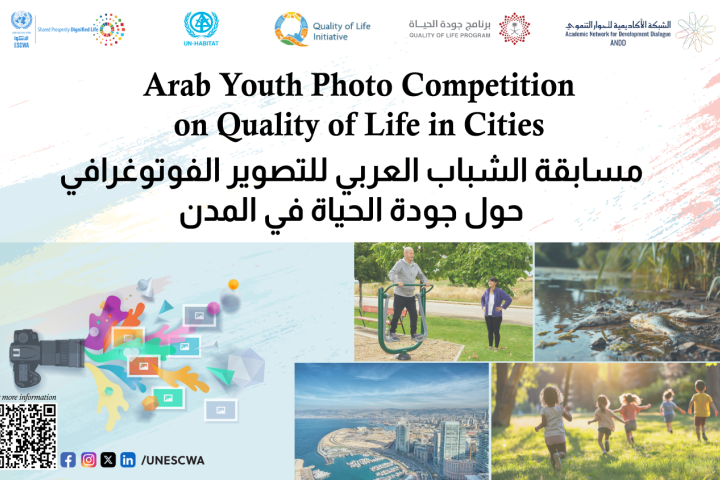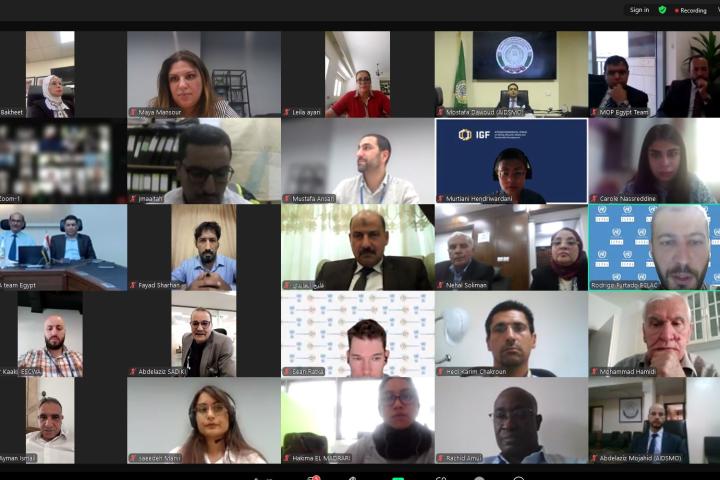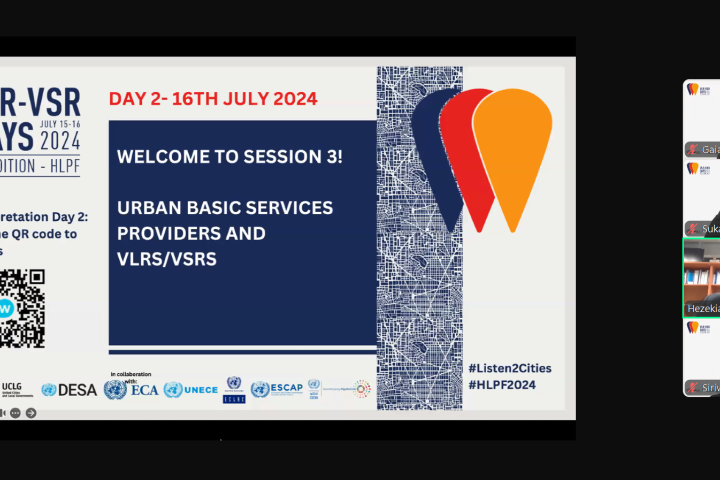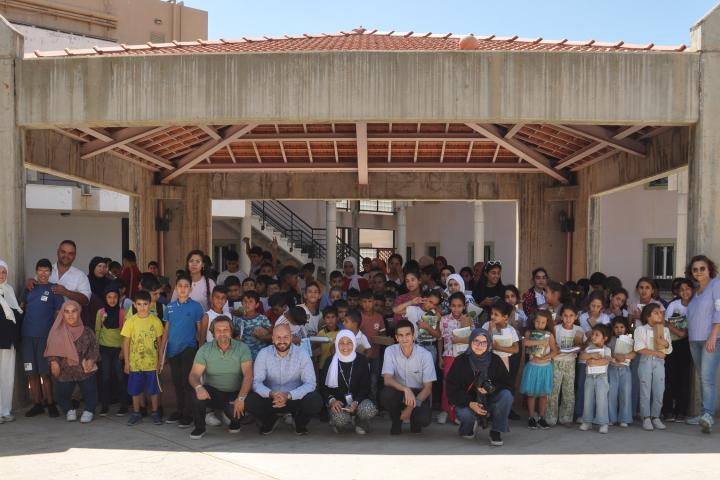A subject of chief importance to a world under the umbrella of globalization, the issue of trade facilitation and RTAs is particularly vital in the UN-ESCWA region, as well as to the Commission itself, which champions regional economic integration. UN-ESCWA Executive Secretary, Mr. Bader Al Dafa will thus shed light in his opening address of the forum on the implications of such facilitations in the Arab region, which are also one of the Commission's priorities.
The Trade Facilitation and Regional Trade Agreements forum will be attended by representatives of trade, economy and finance ministries, as well as of customs administrations in several member countries from the regions of the five UN Commissions. In addition, representatives of private sector organizations and institutions in the Arab region and other regions will be present. A number of relevant international and regional organizations will also take part in the forum, namely the United Nations Conference on Trade and Development (UNCTAD), the World Customs Organization (WCO), the World Trade Organization (WTO), the Organization for Economic Co-operation and Development (OECD), the League of Arab States, and the Gulf Cooperation Council (GCC), besides the participation of eminent experts on trade facilitation and regional issues.
While cross-border barriers to trade have been placed on the negotiations' agenda under the Doha round, the slow pace of the multilateral negotiations and their degree of complexity leave the door open to enhance trade facilitation at the regional level. The challenging task laid on the international and regional organizations is how to assist in promoting the use of international standards in trade facilitation schemes under RTAs to advance trade facilitation globally and create synergies with the emerging multilateral agreement on trade facilitation. To this effect, the work should focus on identifying the value of incorporating trade facilitation into RTAs and best practices in this area.
Trade facilitation mechanisms adopted under RTAs may take multifaceted measures ranging from mutual recognition and certification to standardization of documentation requirements, simplification of trade procedures, border coordination and cooperation, enhanced connectivity and use of Information Communication Technology (ICT), to policy coordination, among others. The value of basing these measures on international standards will facilitate moving from implementation within a region to multilateral implementation. The use of international standards will also facilitate implementing trade facilitation across country groupings and between countries that are signatories to different RTAs.
Participants in the forum will thus focus on the creation of synergies and compatibility between regional and international trade facilitation patterns to promote trade. It is an attempt to go beyond the prevailing perspectives on Regional Trade Agreements (RTAs), to provide a platform for discussion on the nature of trade facilitation processes and mechanisms under RTAs which promote regional trade and enhance their global compatibility. Through identifying these trade facilitation mechanisms, the forum will form an ample opportunity for participants from regional and international organizations, governments and businesses to shape a consensus on how to carry them forward globally from their regional setup to create complementarities with the trade facilitation work ongoing on the multilateral level. By translating such consensus towards the adoption of international standards for trade facilitation within RTAs, regional signatories will be in a better position to embody identified trade facilitation measures and standards in their trade agreements.




